‘Ripe conditions’: Disease warning issued
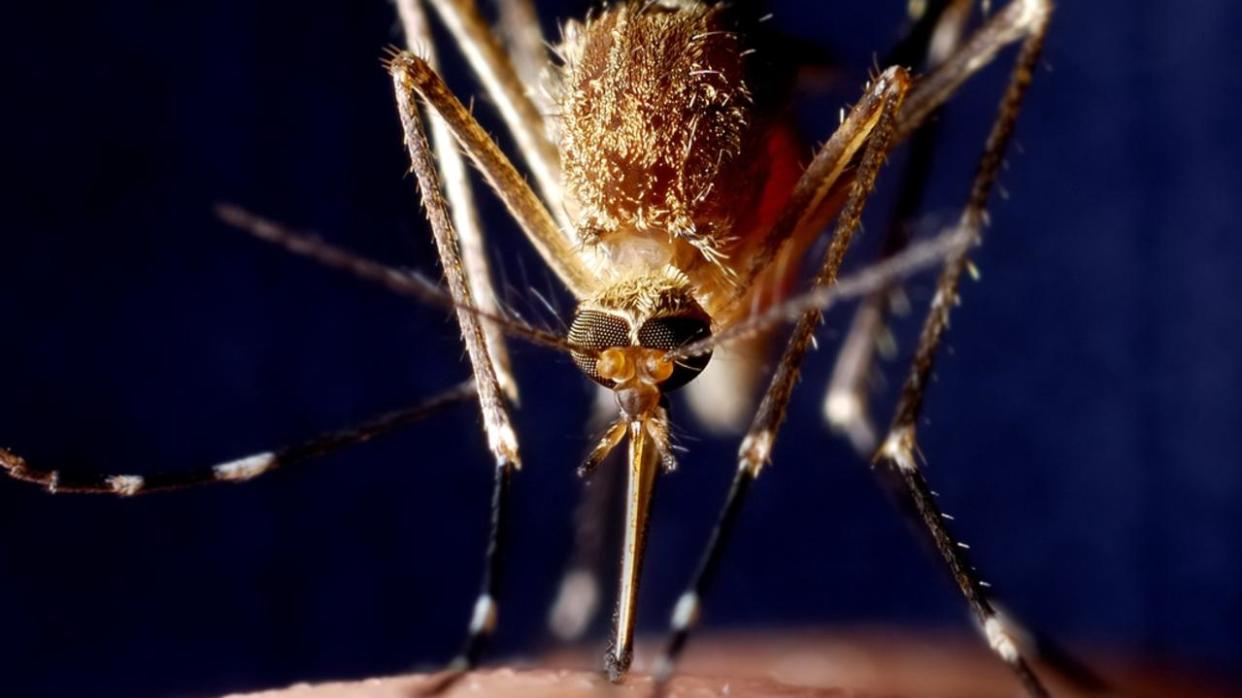
Australians are being warned about mosquito-borne diseases as recent conditions create the perfect breeding environment for the bugs.
The warning comes after Victoria, NSW, Queensland and South Australia were hit with heavy rain and wild weather.
Residents in flood-impacted areas have been asked to be on high alert as pooling water fuels the risk of disease.
Mosquito-borne diseases include Ross River virus, Murray Valley encephalitis and Japanese encephalitis.
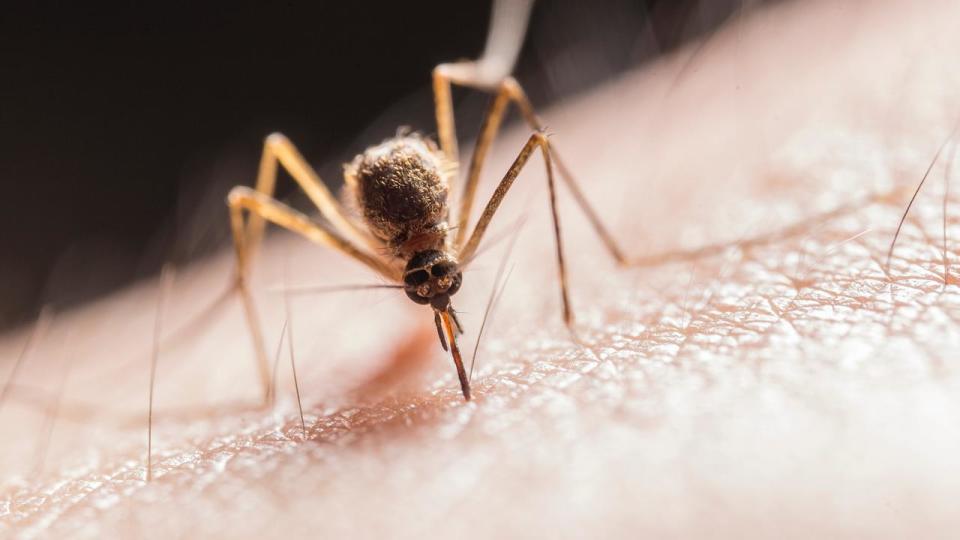
It’s just not just flood affected areas at risk, with mosquito season ranging from November to April, everywhere in Australia is at the mercy of the blood sucking insect.
Victoria’s minister for Health Mary-Anne Thomas on a recent visit to flood-hit Seymour, located 104 km north of Melbourne, warned locals of the danger.
“Pooling water and warm weather unfortunately create ripe conditions for mosquito numbers to soar,” she said.
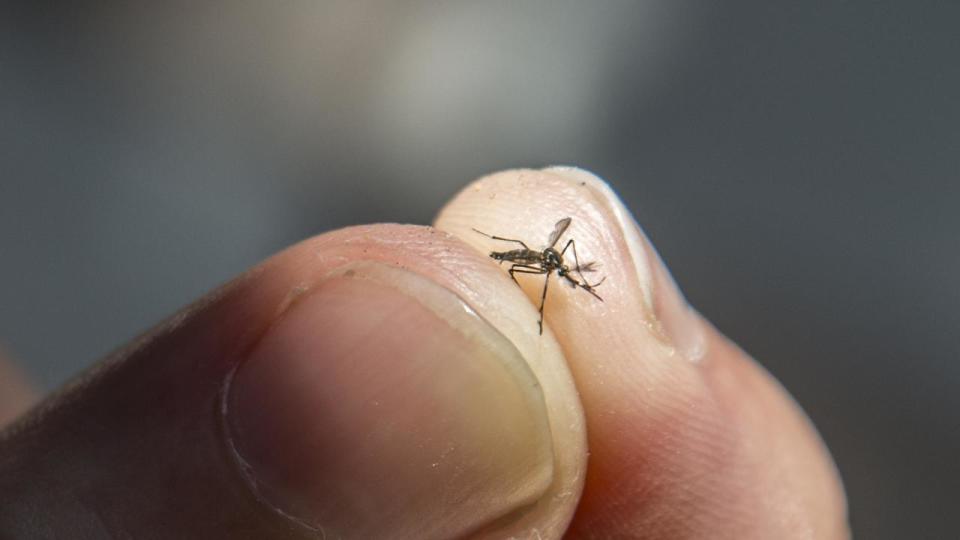
“It’s important that people in flood-affected areas know how to protect themselves from disease in the coming weeks.
“There are many simple steps to avoid being bitten, whether that’s using mosquito repellent, covering up or limiting time outdoors.”
NSW acting director of Environmental Health
Paul Byleveld had a similar warning for those in his state, stating Japanese encephalitis had been detected in recently.
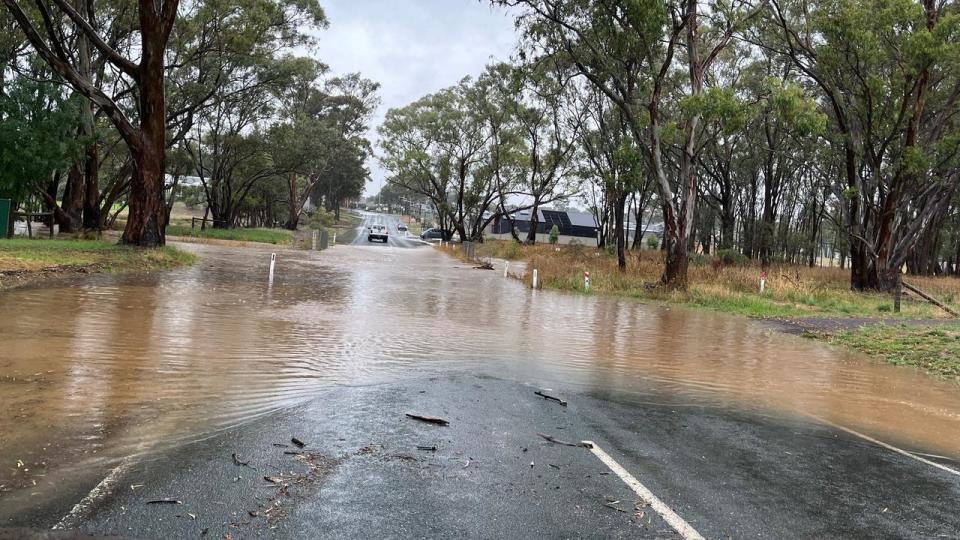
“Mosquitoes thrive in wet, warm conditions like those that much of NSW is experiencing,” he said.
“Mosquitoes in NSW can carry viruses such as Japanese encephalitis, Murray Valley encephalitis, Kunjin, Ross River and Barmah Forest.
“The viruses may cause serious diseases, with symptoms ranging from tiredness, rash, headache, and sore and swollen joints to rare but severe symptoms of seizures and loss of consciousness.
“People should take extra care to protect themselves against mosquito bites and mosquito-borne disease, particularly after the detection of Japanese encephalitis in a sentinel chicken in Far Western NSW.”
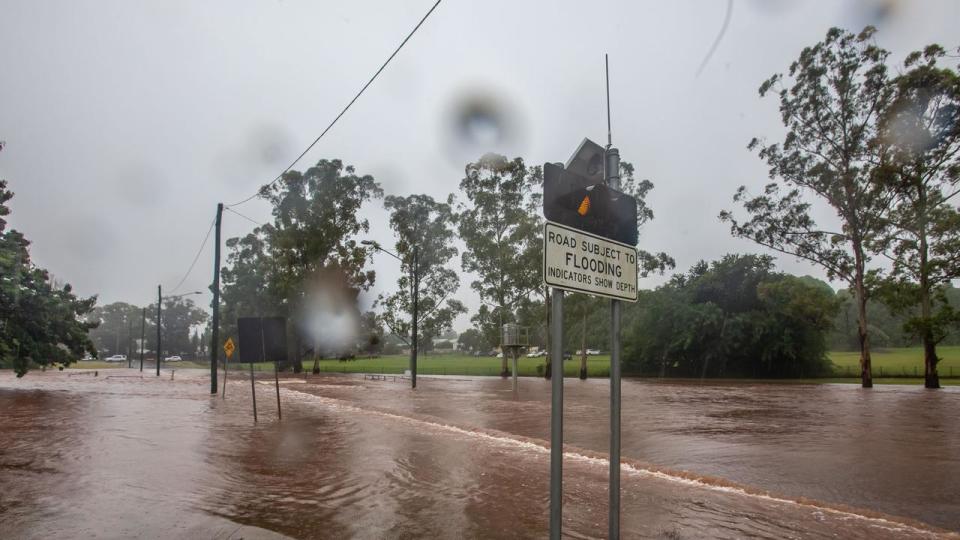
Though deaths from mosquito-borne diseases are rare in Australia, there have been seven since January 1 2021 from Japanese encephalitis, and they symptoms of the viruses can be debilitating.
Tips for reducing the risk of mosquito bite include:
-Covering up by wearing long, loose-fitting clothing. Mosquitoes can bite through tight clothing.
-Using mosquito repellents containing Picaridin or DEET on exposed skin.
-Spraying or rubbing repellent on children’s clothes is recommended, avoiding their skin, especially their hands. Look for child friendly repellents.
-Limiting outdoor activity if there is a significant uptick in mosquitoes and using ‘knockdown’ fly spray, mosquito coils or plug-in repellent while sitting or eating outdoors.
-Removing stagnant water where mosquitoes can breed around the home or a campsite.
-Making sure windows are fitted with mosquito netting or screens.
Though deaths from mosquito-borne diseases are rare in Australia, there have been seven since January 1 2021 from Japanese encephalitis, and they symptoms of the viruses can be debilitating.


